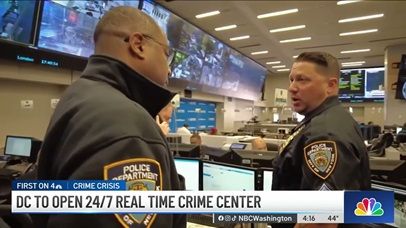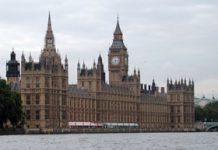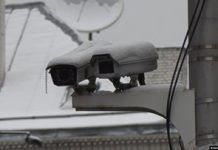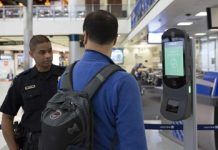D.C. police, in partnership with law enforcement across the region, plan to launch a “real-time crime centre,” where authorities will work around-the-clock to monitor live video from hundreds of closed-circuit cameras across the city and provide immediate information as officers respond to emergencies.
The RTCC, announced by D.C. Mayor Muriel E. Bowser (D) and other officials, is expected to open in February and will be staffed 24 hours a day, seven days a week. Local and federal police from across the region, including U.S. Capitol Police and departments in Fairfax, Arlington, Montgomery and Prince George’s counties, will be joining the effort.
The announcement comes as robberies and homicides are soaring in the District, and a rise in carjackings has left people across the Washington region on edge. Bowser’s administration is under increasing pressure to curtail violence and restore a sense of safety to the city. “The goal of this is to respond faster and more efficiently when crime happens in our community,” Bowser said at the Thursday announcement.
Officials said the center would access information from city cameras, emergency calls, ShotSpotter, which detects the sound of gunfire, and other technology. D.C. police Chief Pamela A. Smith said artificial intelligence and facial recognition would not be used.
The idea of monitoring video feeds from cameras is not new. Many police departments, including Baltimore’s, monitor video in real time, concentrating on areas or events that draw large gatherings, active crime scenes and places with spikes in 911 calls.
The American Civil Liberties Union of D.C. immediately raised concerns about how authorities might respond to what they see on video, and whether it could lead to anyone being illegally targeted.
“A center where police watch what people do in the District every hour of every day is an alarming expansion of government surveillance,” ACLU-D.C. Executive Director Monica Hopkins said in a statement. “With no oversight, the real-time surveillance center leaves serious questions about our safety and our rights unanswered. What behaviour will police be watching for? What will they do if they think they see it? How will police use what they see, and who will they share it with? And will anyone be there to ensure that police don’t violate people’s rights?”








